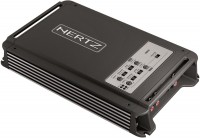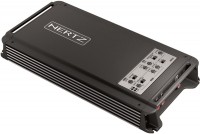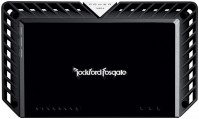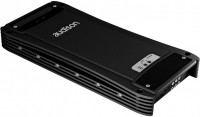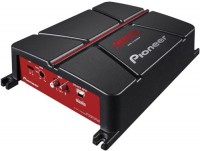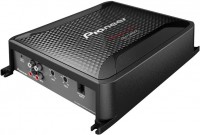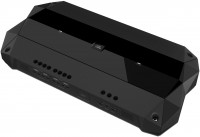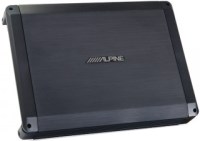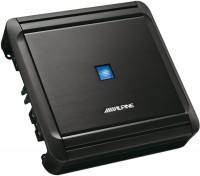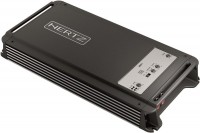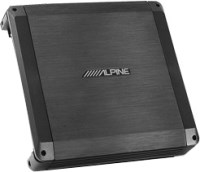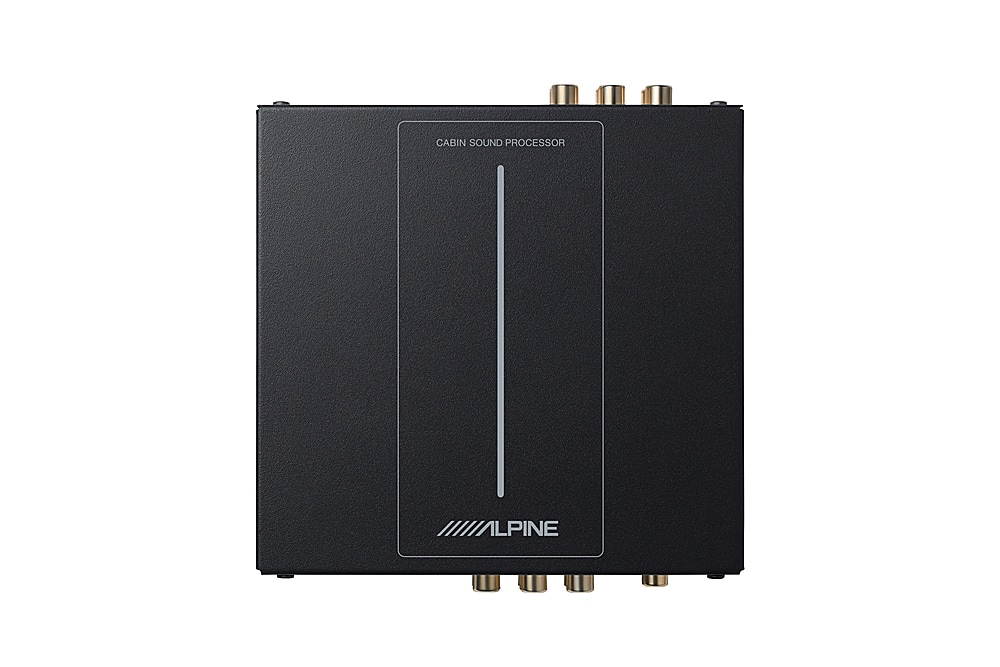DBX 286s Microphone Preamp and Processor
 | Expecting restock |
When you need to patch together multiple processors for just one track, the endeavor can be costly, confusing, and frustrating. Instead, you should consider the dbx 286s, a full-featured channel strip processor that delivers a studio-quality mic/instrument preamplifier and four processors that can be used independently or in any combination.Your signal begins with the pristine mic preamp with wide-ranging input gain control, switchable +48V phantom power, and an 80 Hz high-pass. The OverEasy compressor comes next, smoothing out uneven acoustic tracks and delivering the "in your face" vocal presence that dbx is known for. A de-esser eliminates vocal sibilance and high frequency distortion from cymbals. The "enhancer" fine-tunes your high- and low-frequency details, making your sound crisp, clean, and intelligible. Lastly, the expander/gate subtly reduces headphone leakage or radically gate noise guitar amps.A smorgasbord of metering and status LEDs visually guide you to craft the perfect sound. It offers XLR or 1/4" TRS inputs, plus insert jacks to interface between the mic preamp and the processors to "loop out" to external processors such as EQ or delay.Why buy a preamp and four processors for just one channel when you can get it all in one in the dbx 286s?DBX 286s Features:Studio quality Mic Preamp/Channel Strip ProcessorClassic dbx compressionDe-esser and enhancer for tonal clarity and reducing distortionProgram-adaptive expander/gatesInsert jack for external processorsFull compliment of meters and status LEDsDBX 286s Specifications:Mic Preamp Connector: XLR Floating balanced, Pin 2 HotInput Impedance: ~4.2 kΩGain: 0dB to +60dBPhantom Power: +48VDC, applied to XLR pins 2 and 3 through 6.81 kΩ resistorsCMRR: >40 dB, typically 55 dBMax input level: 0.2Vrms, Gain = 30 dBEquivalent Input Noise (EIN): -125dBu, 22 Hz - 22 kHz, 150 Ohm source impedanceInput Connectors (line): Floating balanced, TIP HotInput Impedance: 10 kΩ unbalanced, 20 kΩ balancedMax Input (line): >+21 dBu, balanced or unbalancedInput Gain Range (line): -15 to +45 dBInsert Connector: 1/4" TRS: Normalled; tip is Send, ring is ReturnInsert Impedance: >5 kΩ (ring-return); 100 Ω (tip-send)Insert Max Level: >+21 dBu; >+20 dBm (600 Ω load-tip)Insert Noise:+21 dBu, >+20 dBm (600 Ω load)Gain Adjustment Range: -30 to +10 dBNoise:4:1 For input levels beyond 20 dB above thresholdMax Compression: 30 dBAttack Time: Program-Dependent; >1s for small level increases, down to 10ms for large increasesRelease Time: Program-Dependent; adjustable between approximately 1 dB/sec and 75 dB/secDistortion: Typically50dBAttack Time: Program-Dependent, approximately 2mS (at maximum attenuation)Release Time: Program-Dependent, approximately 10mS/dBDynamic Range: Typically 105dBPower Consumption: 15 WOperating Voltage: DO: 120 VAC 60 Hz, 100 VAC 50/60 Hz; EU: 230 VAC 50/60 HzOperating Temperature: 0°C to 45°C (32°F to 113°F)Dimensions: 1.75" x
The product description is generated based on data from online stores. Before purchasing be sure to verify all information directly with the seller.

Best Action Cameras for Low-Light ShootingCompact cameras with advanced optics and smart algorithms for shooting high-resolution video day and night
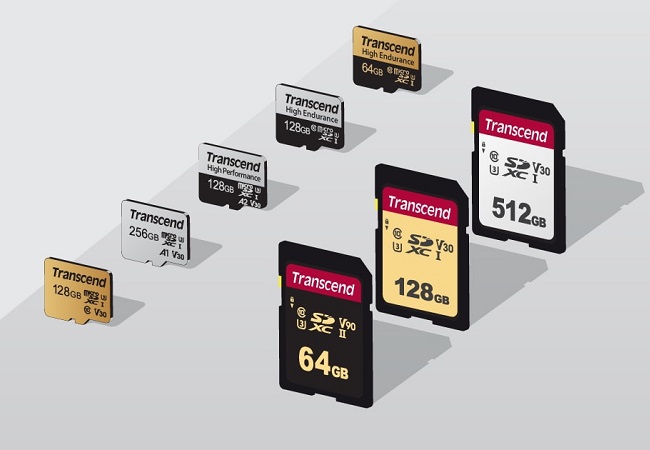
How to choose a memory cardTips on choosing memory cards for smartphones, cameras, video recorders, action cameras and other digital equipment
We recommendCompare using chart →

